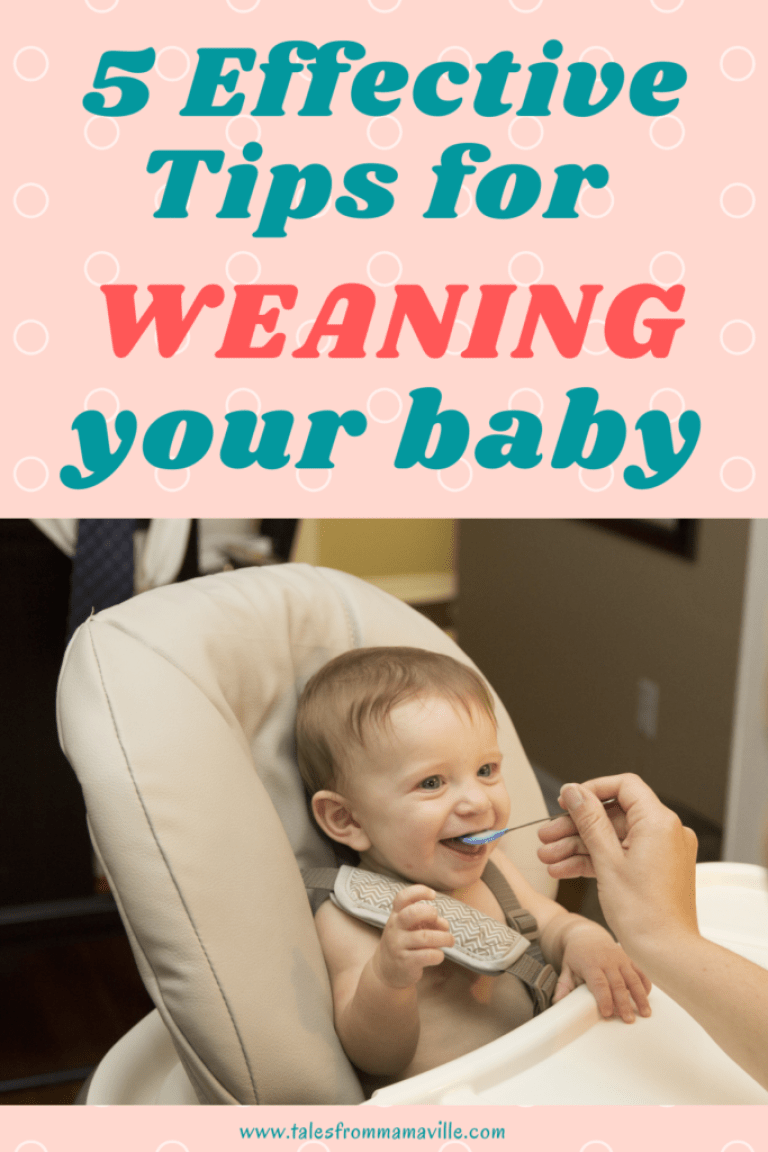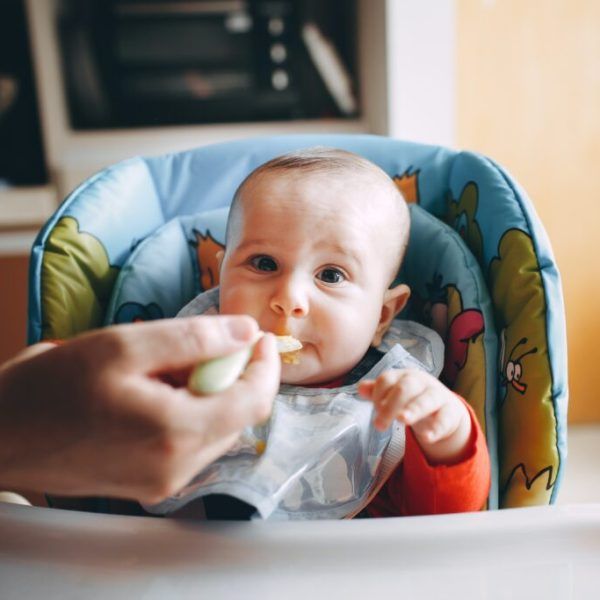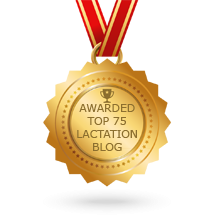5 Effective Tips for Weaning Your Baby
Posted on
So here are five tried-and-tested and mum and expert-certified tips for making the whole process of weaning less stressful and more enjoyable for both baby and mum.

1. Choose the 'right' time to start weaning
The advised age to start weaning your child is around six months of age (a few weeks before or after is fine, depending on your child's development and readiness). Experts advise against weaning too early (before four months) as your baby's digestive system isn't yet developed enough to handle solids.
It's also important to see if your baby is able to sit up on his/her own or with some support, and is able to hold his/her head in a steady position – (and that usually happens at around six months) – so there is no risk of choking. Also, babies have better co-ordination at this age, which helps making the process of eating and feeding themselves easier. And lastly, they are also more capable of keeping the food in their mouth and swallowing it rather than spitting it out.
Weaning takes time and patience, so make sure you don't start when you are travelling for instance, or starting a new job. Choosing the right time – and equipment, such as a good children's highchair – makes all the difference.
2. Make the 'idea' of eating familiar and enjoyable
As mentioned earlier, weaning takes a lot of time and patience. It is an entirely new concept for your baby, so it mustn't be rushed. There will be many trial-and-error moments, times when your baby will not co-operate or even downright refuse, and boy will there be a lot of mess! However, at this point the idea is to make your baby familiar with the concept of solid food and the process of eating i.e. putting food in their mouth, chewing it and exploring new tastes and textures. At the beginning, the amount of food your baby eats is not as important as how he/she responds to food and the idea of eating.
Make it an enjoyable process and go according to your baby's cues and you will be rewarded later on – after all, a child's lifelong relationship with food begins here.
3. Start with vegetables, not fruits (or anything sweet)
It's very tempting (and a common notion) to start weaning with fruit purees, but it might make more sense to start with vegetables first. The reason being fruits are far sweeter, and if your child has tasted sweeter foods, he/she might not want or accept other less-sweet flavours. Once your baby has accepted other flavours, then mix a little fruit or introduce fruit purees. It's also important to remember not to add salt or sugar to your baby's food as both are harmful at this age.
4. Spoon-fed or baby-led weaning?
This is a big question for mums: should you feed your baby or opt for baby-led weaning? Again, as with all things baby-related, there is no right or wrong answer. Do what you feel works best for you and your baby. Experiment with both, perhaps, and see which method your baby prefers?
Else, start with spoon-feeding so it is easier for both you and your baby, and once he/she is comfortable with the idea of eating, leave him/her to experiment with foods and flavours. Offer various soft finger foods so it's easier to touch and feel the food, and put it in their mouth. If you're using a spoon, offer another one to your baby who might imitate you and attempt to feed him/herself.


5. Experiment… but with caution
While the first few months of weaning are all about experimenting with textures (puree, mashed, lumpy, soft solids) and flavours (try mixing different foods together), it is also important to be mindful of certain things.
- Never introduce two or more different foods at the same time – so incase your baby has an allergic reaction, you know exactly which food caused it. Certain foods like eggs and berries sometimes cause rashes or mild allergies in babies, so be alert when introducing these for the first time.
- Be cautious the first time you give your baby anything with nuts in it – incase he/she is allergic to nuts. And never give babies (or even toddlers) whole nuts for risk of choking.
- When offering finger food/ non-pureed foods to your baby, make sure the pieces are small and soft. Babies don't have all their teeth as yet and will not be able to bite/ chew properly. Always supervise your baby when he/she is eating.



Add a comment: